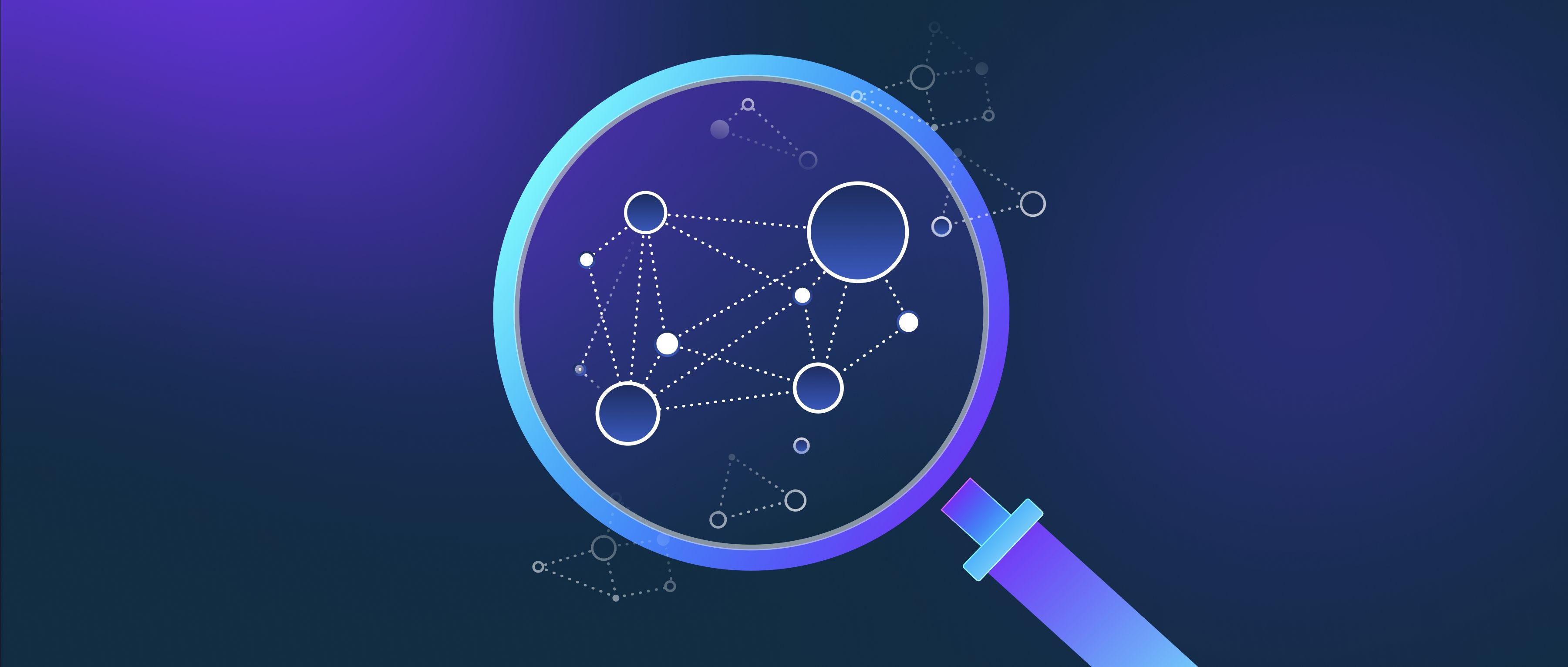AI reasoning refers to the ability of artificial intelligence systems to process information and make deductions or inferences based on that data. This involves using logical frameworks and algorithms to assess data, draw conclusions, and even generate predictions. It’s not just about handling data but interpreting it in a way that allows the AI to respond intelligently to questions or tasks. For example, a chatbot using AI reasoning can provide answers based on a user’s previous interactions and the context of their queries.
One common form of reasoning used in AI is deductive reasoning, where conclusions are drawn logically from established rules. For instance, if a system knows that "all birds can fly" and "a particular creature is a bird," it can conclude that this creature can fly. On the other hand, AI can also employ inductive reasoning, which involves generalizing from specific cases. For example, if an AI observes that "the last five emails in a project are positive," it might reason that future communications in that project will also be positive. This level of reasoning allows for more nuanced interactions and smarter responses in various applications.
Applications of AI reasoning span many fields, including healthcare, customer service, and finance. In healthcare, AI systems can analyze patient data and suggest diagnoses or treatment plans based on reasoning derived from past cases. Similarly, in customer service, AI chatbots can predict user issues based on prior queries and provide tailored solutions. Overall, AI reasoning enhances machine intelligence by allowing it to simulate a form of critical thinking, making systems more responsive and helpful across different industries.
